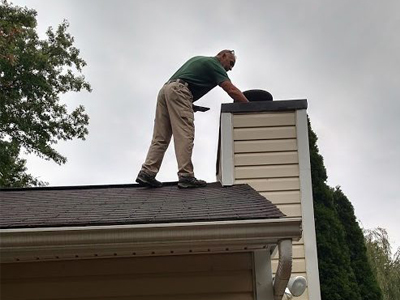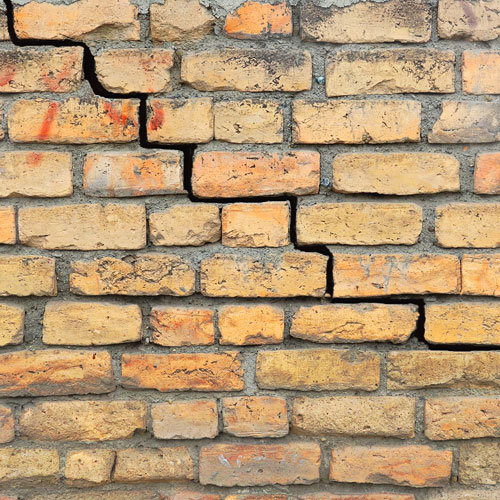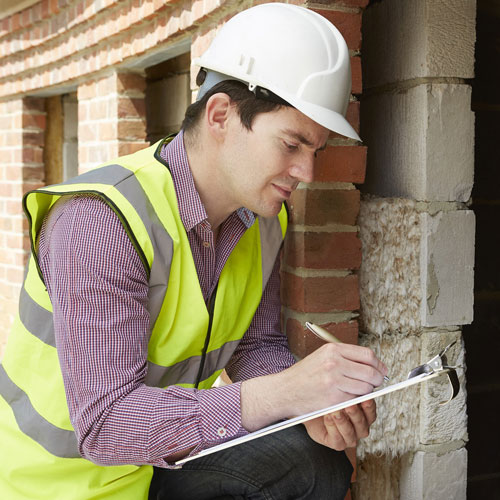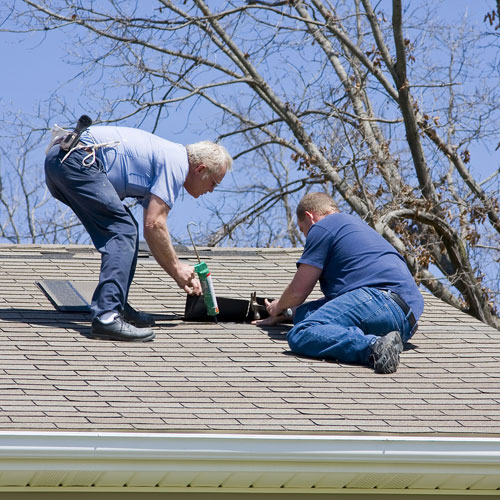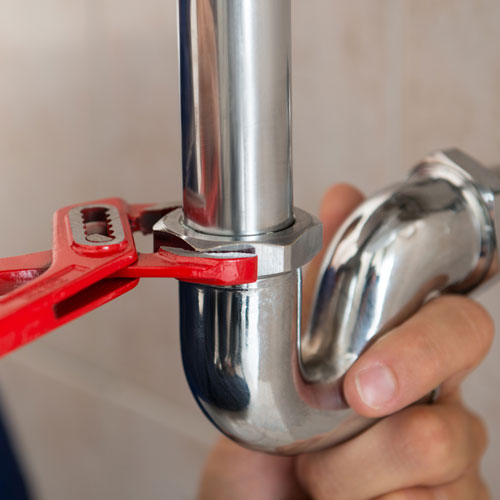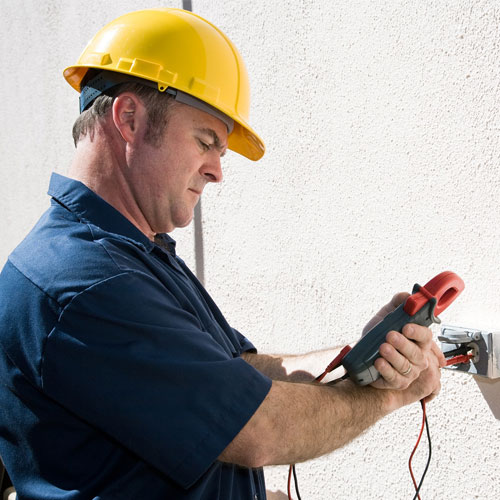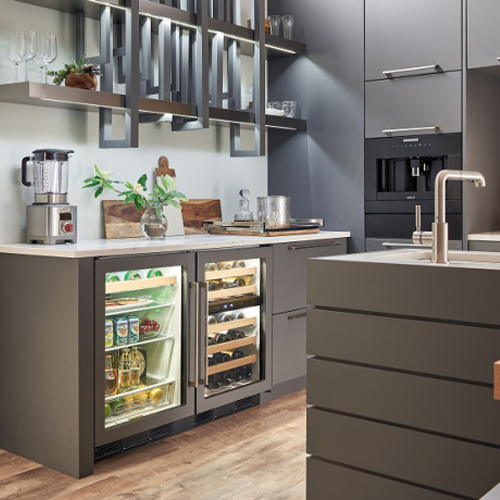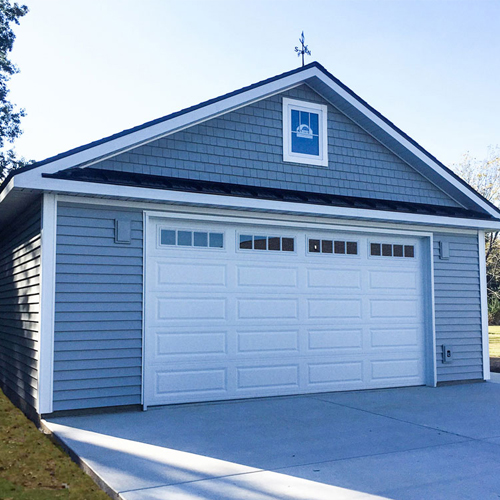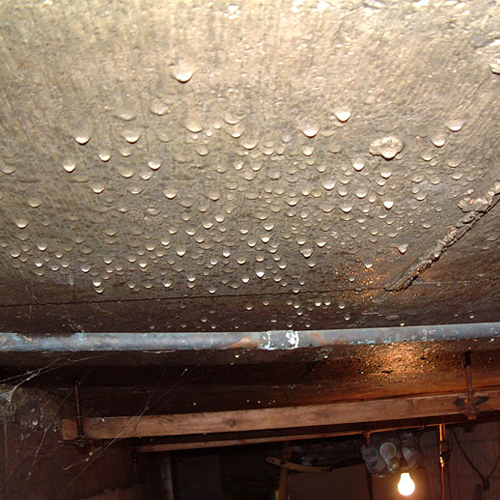A Cornerstone home inspection is a professional, objective, visual examination of the condition of a home. Our home inspections will cover all of the major systems, including structure, exterior, roofing, electrical, heating, cooling, insulation, plumbing and interior. Our inspectors are licensed by the State of Illinois and adhere to the Standards of Practice set forth by the Office of Banks and Real Estate.
Many of our clients want to know what their home inspector will be looking for in advance. Because there are so many things to look at during a hime inspection, we have made a checklist of the most common things our inspectors check for. Of course every property is unique and has it’s own special quirks and extra needs. That is why we believe in taking the time to examine each property thoroughly and thoughtfully so that nothing important is missed.


